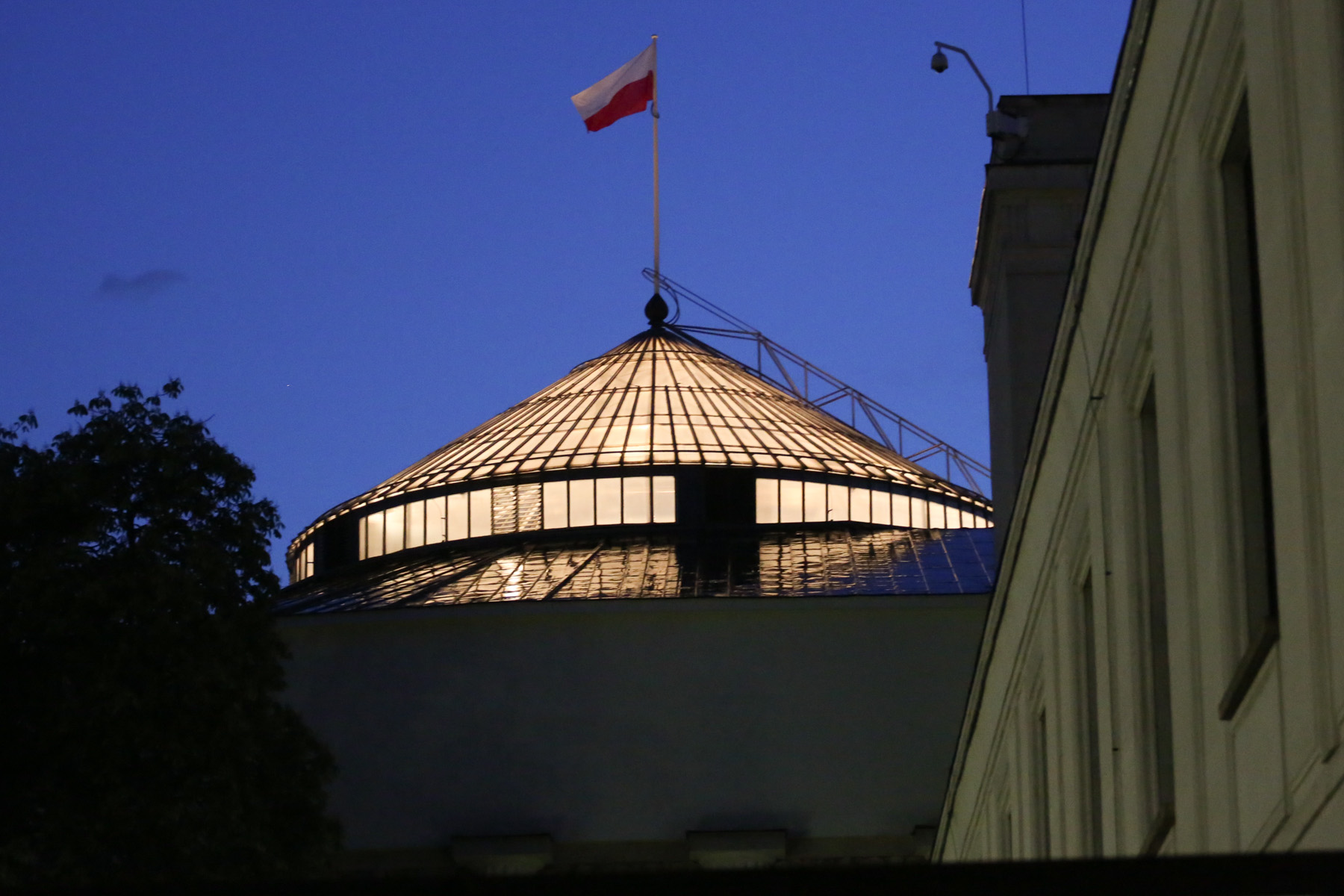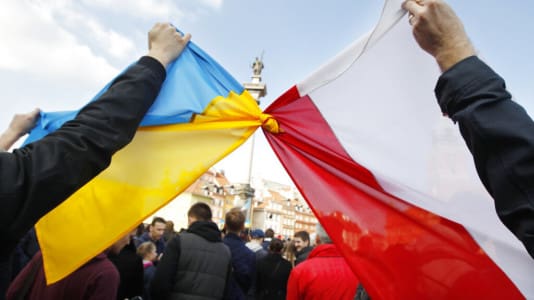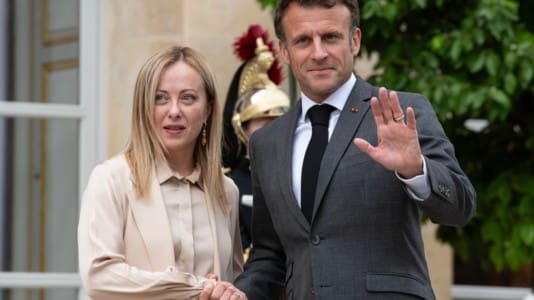A recent series of incidents during pre-election meetings in Poland has brought attention to the deepening chasm between political parties and a degeneration of civil discourse, reflecting a marked change from political behavior seen over two decades ago.
In one instance, Kinga Gajewska, an opposition MP, was temporarily detained by the police during a public meeting with Polish Prime Minister Morawiecki. Gajewska was speaking out on the visa scandal, which she referred to as “the greatest scandal of the 21st century,” using a loudspeaker to address the crowd.
In another episode, TVP journalist Michał Rachoń shouted at Donald Tusk, former prime minister of Poland and current leader of the opposition party Civic Platform, from a mere three-meter distance during a press conference. Though not detained by police, Rachoń’s disruption was successful in derailing Tusk’s press event, further highlighting the tensions between government-controlled media and opposition figures.
These incidents are a far cry from the political climate of the 1990s when competing parties not only presented programmatic political agendas but also explicitly declared their intention to avoid conflicts and aim for societal harmony. Today, however, dialogue on reaching any sort of broad agreement seems non-existent. Each party speaks only of reaching consensus within their political faction, and any calls for overarching harmony are tainted with hypocrisy, ultimately serving individual political agendas.
This decline in the quality of public discourse comes amidst what should be favorable conditions. The country is economically stronger and more modern than it was two decades ago. Yet, political harmony seems to be declining at an alarming rate, continually hitting new lows.
The actions of both Gajewska and Rachoń serve as potent examples of the current pathologies plaguing the Polish political scene. On one side, Gajewska, without substantial evidence, shouted scandalous claims, was in violation of legal protocols, and was then apprehended by the police. On the other side, Rachoń, a member of ostensibly public media, made no attempt to hide his role as a government supporter, seeing the disruption of an opposition press conference as just another day’s work.
We seem to be inching closer to a moment where, instead of expensive theatrics where volume dominates the narrative, political figures might resort to physical confrontations. This may finally expose the raw and uncivilized underpinnings that seem to have overtaken Polish politics.
The trend suggests that instead of high-minded debates and programmatic agendas, politics in Poland has been reduced to a series of shouting matches and confrontations — whether virtual or soon, potentially, physical.
While Poland may be financially and economically stronger than before, these incidents show that public life and political discourse are heading in a worrisome direction, leaving many to wonder how far this disintegration of civility will go.





